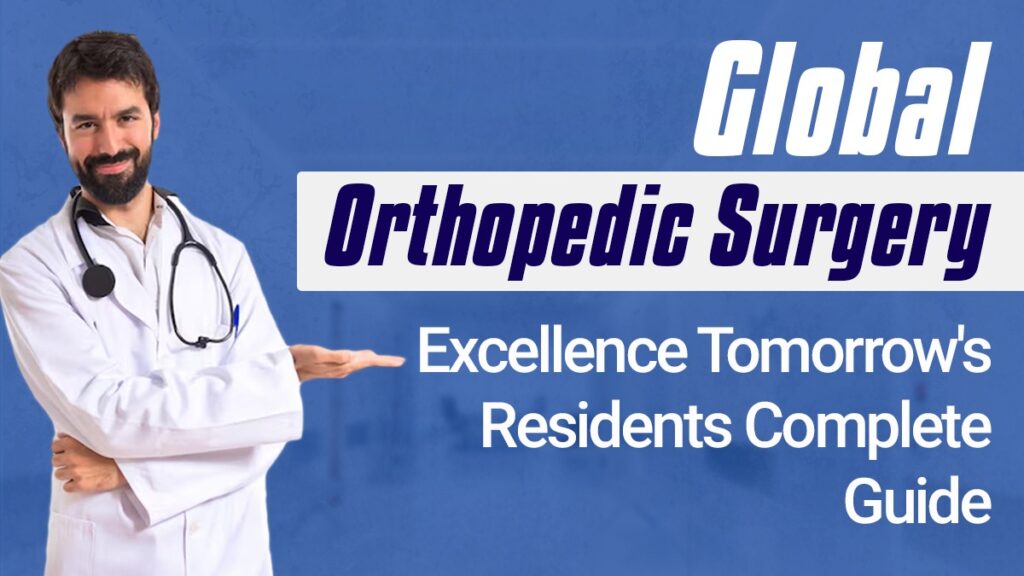Building Your Orthopedic Network: The Key to Success

Building Your Orthopedic Network: The Key to Success Embarking on a journey in orthopedics residency programs is both a challenging and rewarding experience. As an orthopedics resident, a strong professional network would boost your learning, create opportunities, and help you be ready to be the best in this competitive field of orthopedics. In this blog, […]
How to Get into Orthopedic Research? A Complete Guide

How to Get into Orthopedic Research? A Complete Guide Are you an orthopedic surgery resident or part of an orthopedic residency program and would like to make a difference through research? Writing and publishing impactful research is a meaningful way to contribute to medical science, enhance your expertise, and add an impressive credential to your […]
The Hidden Curriculum: What Orthopedic Residents Must Know About Practice Management

The Hidden Curriculum: What Orthopedic Residents Must Know About Practice Management As much as it is to become a master surgeon, orthopedic surgery residents and the future medical professional must understand the business side of running a successful practice. Modern orthopedic surgeon residency programs begin to incorporate practice management principles that help build success. The […]
Global Orthopedic Surgery: Excellence Tomorrow’s Residents Complete Guide

Global Orthopedic Surgery: Excellence Tomorrow’s Residents Complete Guide The landscape of change in orthopedic surgery has been quite daunting; it poses both a threat and an opportunity for today’s orthopedic surgical residents. As healthcare seems to become more international so is the standardizing needs for training. Orthopedic Surgery Programs Emerged into World View Modern orthopedics […]
